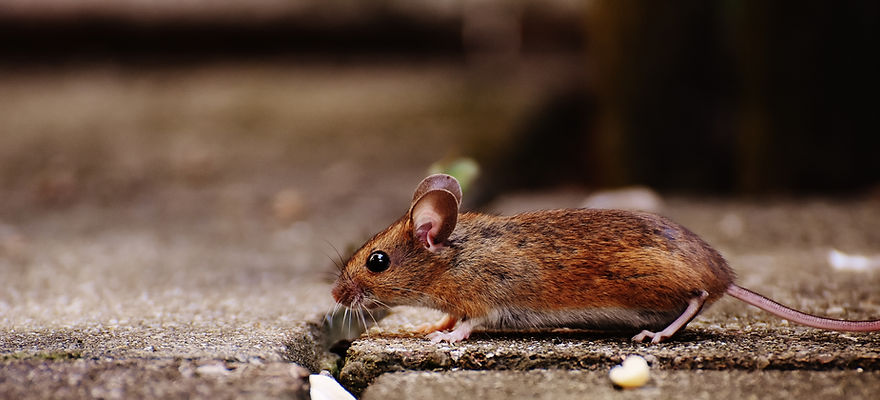RODENT CONTROL
Rodents, including mice, rats, and other small pests, can wreak havoc on your home or business. They have the ability to gnaw through wires and insulation, create burrows in attics and wall voids, and even transmit dangerous diseases. These creatures are more than just an inconvenience; they pose a serious health risk that cannot be ignored. Ignoring a rodent infestation can lead to worsening problems over time, so immediate action is crucial.
Our skilled technicians will tailor a rodent control program specifically for your property. We’ll conduct a thorough inspection, identifying entry points and areas conducive to food and nesting. If you suspect a rodent issue, don’t hesitate—reach out to us today!

COMMON RODENTS

Mice
Mice are small household rodents that are intelligent and adaptable. They invade homes seeking food and shelter. Their rapid reproduction leads to critical infestations, causing structural damage and spreading diseases. Most mice species have pointed snouts, large ears, and long tails. They prefer grains, cereals, seeds, nuts, fruits, and insects, but their voracious appetite drives them to chew through materials like plastic, cardboard, and even metal.

Rats
Effective rat control requires a comprehensive approach combining preventive measures, sanitation, and targeted control methods. Understanding rat behavior is crucial: they are nocturnal creatures, highly adaptable, and can squeeze through incredibly small openings. Common species include the Norway rat (brown rat) and the roof rat (black rat), each with distinct habits that influence control strategies.

Voles
Voles are small mammals that also thrive in close association with humans. These prolific little mammals are widespread and although they may look like mice, their behavior sets them apart. When food is plentiful, voles are quite fond of eating plants, making them easy to identify when their numbers are high. However, their preference for plants can be destructive to ecosystems and agriculture,
as they strip bark from small trees and plants. Most also spread serious diseases like salmonellosis, leptospirosis, and
lymphocytic choriomeningitis.
